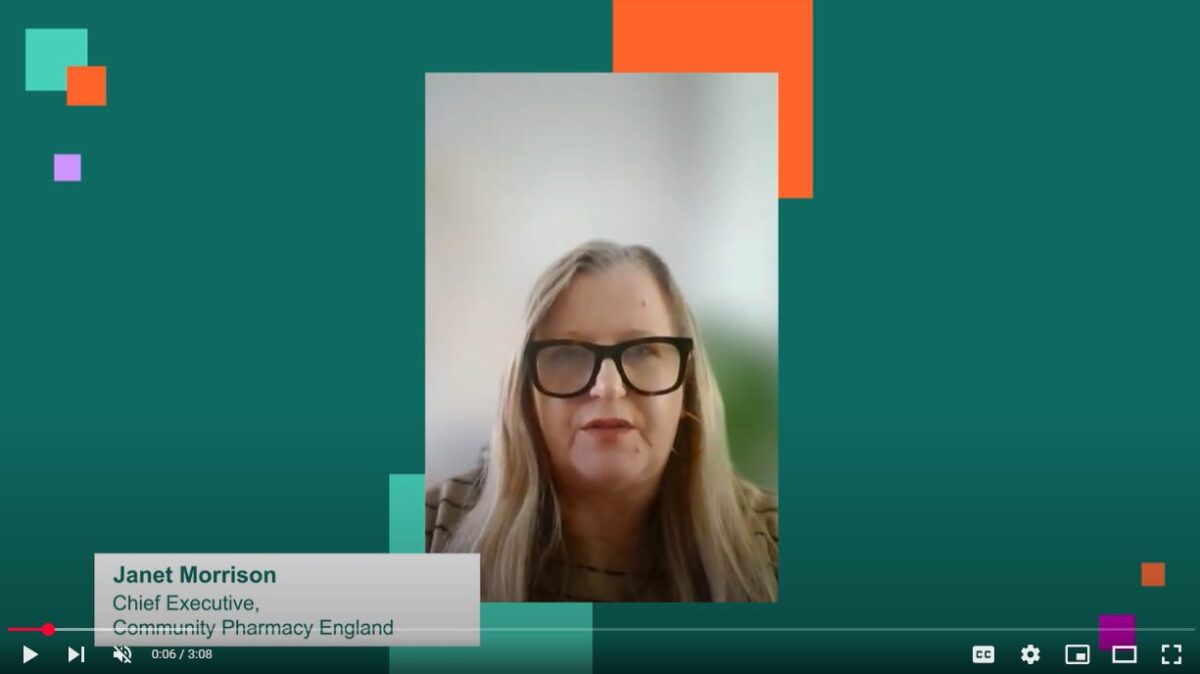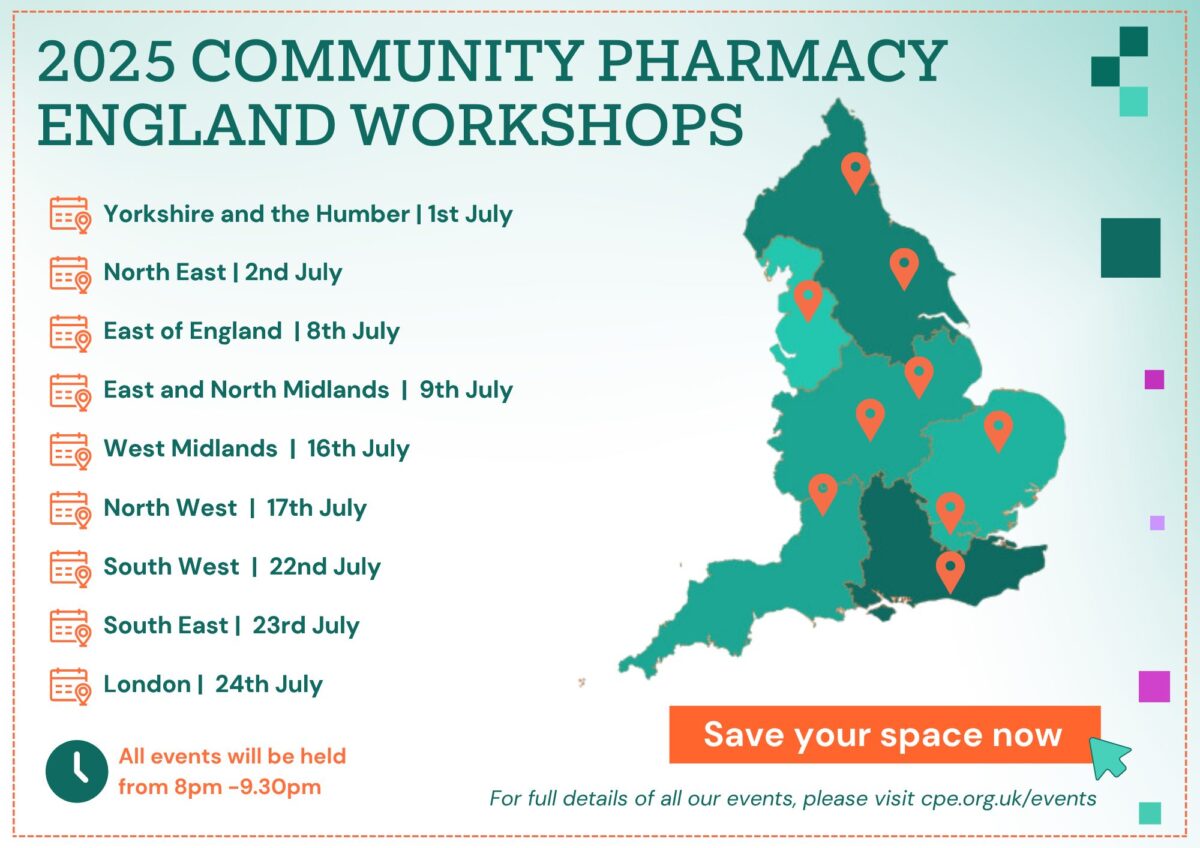Guest Blog: Steve Brine MP
In our latest blog, Steve Brine MP, who chairs the Parliamentary Health and Social Care Committee, talks about the Committee’s ongoing inquiry into pharmacy. This will be a critical inquiry for the sector, and Community Pharmacy England will continue to support the MPs on the Committee in any way that we can. We are also continuing to support the work of the Pharmacy APPG which is co-chaired by Taiwo Owatemi MP, who also sits on the Select Committee.
Next week we’ll be holding the first evidence session of our inquiry into pharmacy. Over the coming months, we’ll be exploring the potential for transformation across the sector in the interests of patient care and to help reduce pressures on our overstretched NHS.
There can be no doubt of the important role community pharmacy plays in keeping people well, with more than a billion prescription items dispensed in the community in England last year. The Department of Health and Social Care has itself estimated that up to 10 million visits to a GP could be saved by delivering Pharmacy First and expanding oral contraception and blood pressure services.
Work carried out by the Health and Social Care Committee’s independent Expert Panel to evaluate how well the government has performed against commitments on pharmacy has highlighted where effort is needed if progress is to be made. Overall progress ‘requires improvement’. Out of nine commitments separately evaluated, two were rated as ‘good’, five more as ‘requires improvement’ and two were ‘inadequate’.
But even meeting these commitments will not be enough. We know that the future holds a greater focus on personalised and patient-centred healthcare. To deliver that, the pharmacy profession itself must be in the best shape to meet demand. That will mean a better planned workforce with the funding, supervision, and training to support it.
We recognise that pharmacists are highly trained professionals who hold the potential to transform aspects of our health service. Throughout our inquiry, we’ll be attempting to identify changes that are needed to meet future challenges and increasing patient demand. We’ll be asking difficult questions of leaders across all sectors in pharmacy. We won’t reserve tricky questions for the professionals – we’ll be calling in the new Pharmacy Minister too.
On our agenda: better resourcing – crucial to meet the ambitions of the Primary Care Recovery Plan; the ability of pharmacy’s digital systems to operate alongside those used in general practice and hospitals (we’ve already reported on the problems of digital transformation in the NHS); future innovation such as increased automation and the use of robots which offer the potential to deliver change, and what planning is needed to make it happen. We won’t be overlooking fundamental issues such as drugs and shortages – why do they happen and how can they be avoided?
Our prescription to government at the end of the inquiry will set out the medicine that’s needed now if the real potential of pharmacy is to be realised, not only to deliver patients the treatment they deserve, but to ensure the long-term survival of the NHS.








